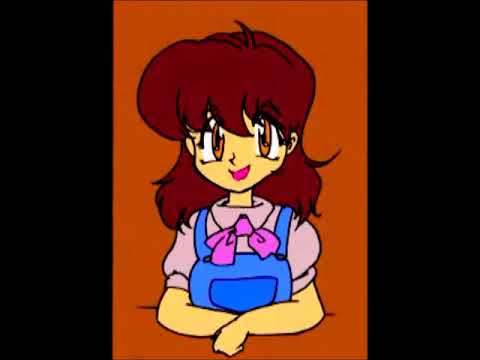
なんだかんだでいい動画となっているんでないかい。
見に来たぜー!俺の名はキヨシ!今は青果店の店長だ
低評価160wwwww
日本語が理解できないバカが多いな
俺の名はちずむ!今後の月収は2000円だ。
いまきた 説明文ないの?
最近大事件発生】コムドットがまた迷惑行為…若者を騙す詐欺師のグループ系のつまらない動画増えてるからな~
1回見たら満足しちゃったなあ
1回見たら満足しちゃったなあ~もういいや・・
高評価292wwwww
見に来たぜー!俺の名はキヨシ!今は風俗店の店長だ
なんだかんだで見てしまうな~
いまきた 説明文ないの?どこー
俺の名はダシオ!今はマグロ漁船にのっている
This is description
The Los Angeles Police Department (LAPD) is the police department of the city of Los Angeles, California.
The LAPD has been copiously fictionalized in numerous movies, novels and television shows throughout its history. The department has also been associated with a number of controversies, mainly concerned with racial animosity, police brutality and police corruption.
The radio show Calling All Cars hired LAPD radio dispacher Jesse Rosenquist to be the voice of the dispatcher. Rosenquist was already famous because home radios could tune into early police radio frequencies. As the first police radio dispatcher presented to the public ear, his was the voice that actors went to when called upon for a radio dispatcher role.
The iconic television series Dragnet, with LAPD Detective Joe Friday as the primary character, was the first major media representation of the department. Real LAPD operations inspired Jack Webb to create the series and close cooperation with department officers let him make it as realistic as possible, including authentic police equipment and sound recording on-site at the police station.
Due to Dragnet's popularity, LAPD Chief Parker "became, after J. Edgar Hoover, the most well known and respected law enforcement official in the nation". In the 1960s, when the LAPD under Chief Thomas Reddin expanded its community relations division and began efforts to reach out to the African-American community, Dragnet followed suit with more emphasis on internal affairs and community policing than solving crimes, the show's previous mainstay.
Several prominent representations of the LAPD and its officers in television and film include Adam-12, Blue Streak, Blue Thunder, Boomtown, The Closer, Colors, Crash, Columbo, Dark Blue, Die Hard, End of Watch, Heat, Hollywood Homicide, Hunter, Internal Affairs, Jackie Brown, L.A. Confidential, Lakeview Terrace, Law & Order: Los Angeles, Life, Numb3rs, The Shield, Southland, Speed, Street Kings, SWAT, Training Day and the Lethal Weapon, Rush Hour and Terminator film series. The LAPD is also featured in the video games Midnight Club II, Midnight Club: Los Angeles, L.A. Noire and Call of Juarez: The Cartel.
The LAPD has also been the subject of numerous novels. Elizabeth Linington used the department as her backdrop in three different series written under three different names, perhaps the most popular being those novel featuring Det. Lt. Luis Mendoza, who was introduced in the Edgar-nominated Case Pending. Joseph Wambaugh, the son of a Pittsburgh policeman, spent fourteen years in the department, using his background to write novels with authentic fictional depictions of life in the LAPD. Wambaugh also created the Emmy-winning TV anthology series Police Story. Wambaugh was also a major influence on James Ellroy, who wrote several novels about the Department set during the 1940s and 1950s, the most famous of which are probably The Black Dahlia, fictionalizing the LAPD's most famous "cold case", and L.A. Confidential, which was made into a film of the same name. Both the novel and the film chronicled mass-murder and corruption inside and outside the force during the Parker era. Critic Roger Ebert indicates that the film's characters (from the 1950s) "represent the choices ahead for the LAPD": assisting Hollywood limelight, aggressive policing with relaxed ethics, and a "straight arrow" approach.
http://en.wikipedia.org/wiki/LAPD
>>17 おつおつ
>>17 ありがとう
>>17 おつかれ。いつもありがと
powered by Auto Youtube Summarize



























